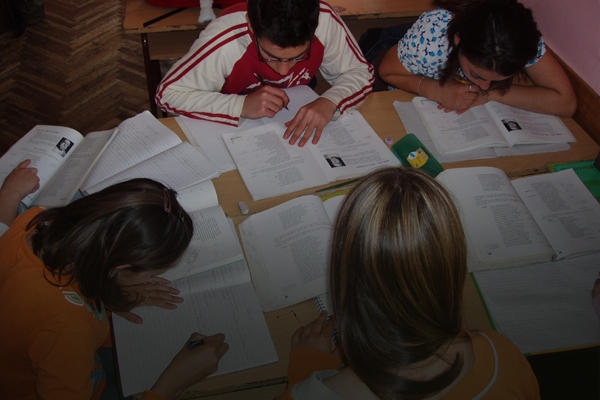
Objections and alternative atheist explanations are always most powerful when they are first offered and considered. If you’ve never been challenged, you are far more likely to stumble when you first hear (and try to process) an objection. In many of the places where I teach, Christians have been protected within their Christian community and culture. They’ve raised their kids, attended church, worked hard, and while they’ve certainly noticed the steady decline of Christian values in the world around them, they’ve yet to spend any time on atheist websites or reading atheist books. They’re unfamiliar with the objections being offered and (even more importantly) the tone and attitude with which these objections are being voiced. They need a wake-up call.
We shouldn’t be surprised to discover strong objections to theism or Christianity. The mere presence of these objections shouldn’t shake us. In every trial I’ve ever worked, even those in which the jury returned a guilty verdict in just a few hours, the defense team offered a robust and well-articulated argument, complete with its own set of evidences, witnesses and propositions. I expected them to do this, and I wasn’t surprised at their level of commitment to their position. But we prepared our juries in advance and always reminded them: a “possible” response is not necessarily a “plausible” refutation.
We’re usually very careful to anticipate the objections of the defense team so we can lay the evidential foundation establishing the weakness of their position. I want jurors to consider the options even as they are hearing our side of the story. If there is a critical issue in the case, I want them to hear it from the prosecution before they hear it from the defense. The last thing I want them to think is we were trying to hide something or were simply unaware of a weakness in our case. It’s better for us to show both the strengths and liabilities of our case before the other side tries to magnify the liabilities disproportionately.
In a similar way, when we train each other as Christian Case Makers to become the kind of Christian God has called us to be, we need to expose ourselves to the most robust objections the other side can offer. We need to deal with these claims here, in the context of our Church family, rather than encounter them for the first time out there, in the university setting, workplace, or on the Internet. When we examine the objections in advance and are aware of both the strengths and challenges inherent to our worldview, we will be far less likely to be shaken when we encounter objections, and we’ll be far more prepared to represent our King. When we train each other to become the kind of Christian God has called us to be, we need to expose ourselves to the most robust objections the other side can offer. Share on X

J. Warner Wallace is a Dateline featured Cold-Case Detective, Senior Fellow at the Colson Center for Christian Worldview, Adj. Professor of Christian Apologetics at Talbot School of Theology, Biola University, author of Cold-Case Christianity, God’s Crime Scene, and Forensic Faith, and creator of the Case Makers Academy for kids.
Subscribe to J. Warner’s Daily Email
J. Warner Wallace is a Dateline featured cold-case homicide detective, popular national speaker and best-selling author. He continues to consult on cold-case investigations while serving as a Senior Fellow at the Colson Center for Christian Worldview. He is also an Adj. Professor of Christian Apologetics at Talbot School of Theology, Biola University, and a faculty member at Summit Ministries. He holds a BA in Design (from CSULB), an MA in Architecture (from UCLA), and an MA in Theological Studies (from Gateway Seminary).
































